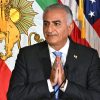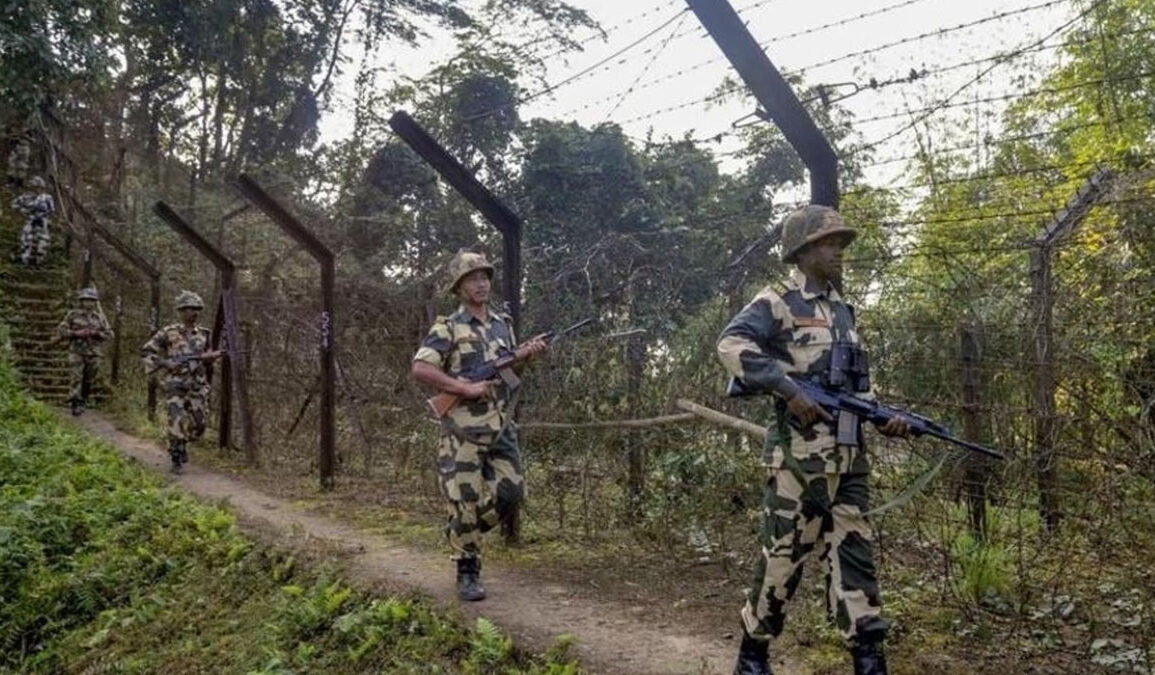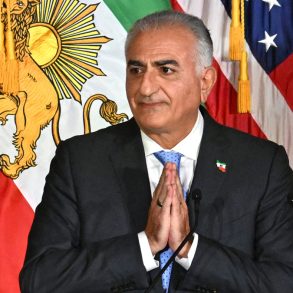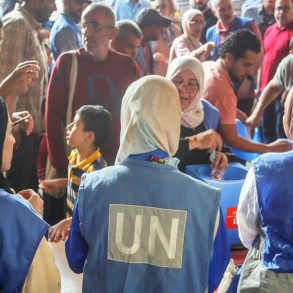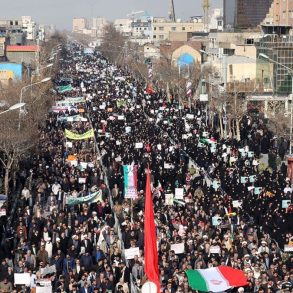The threat of war between India and Pakistan has returned to the forefront following a deadly terror attack in Indian-controlled Kashmir. The assault, which killed 26 people, has reignited a long-standing rivalry between two nuclear-armed neighbors that has roots in decades of conflict and mistrust. The situation is now spiraling rapidly, with military movements, public threats, and global concern growing by the hour.
The Pahalgam Attack: A New Flashpoint
On April 22, 2025, armed terrorists attacked a group of Hindu tourists in the scenic town of Pahalgam in Indian-administered Kashmir. The attackers opened fire without warning, killing 26 civilians in what has become the deadliest terrorist assault in the region since the 2008 Mumbai attacks. The Resistance Front, or TRF—a group linked to the Pakistani-based terrorist organization Lashkar-e-Taiba—claimed responsibility.
Indian officials have blamed the Pakistan government and intelligence services for supporting the attackers. Prime Minister Narendra Modi posted on X, “India will identify, track and punish every terrorist, their handlers and their backers. We will pursue them to the ends of the Earth.”
Pakistan, however, strongly denies any involvement. Information Minister Attaullah Tarar stated, “Pakistan has credible intelligence that India intends carrying out military action against Pakistan in the next 24–36 hours on the pretext of baseless and concocted allegations of involvement in the Pahalgam incident.”
India’s Military Given Free Hand to Respond
Following the attack, Prime Minister Modi met with his defense and security chiefs and gave the Indian military what was described as “complete operational freedom.” A senior government source confirmed that the armed forces are now free to choose “the mode, targets and timing of our response to the terror attack.” The decision indicates a shift in posture, giving the military broad authority to retaliate, possibly with airstrikes or cross-border operations.
Defense Minister Rajnath Singh confirmed that retaliation is expected, stating, “This is a matter of national resolve, and something which is imminent now.” Already, Indian forces have moved into position along the Line of Control (LoC), the heavily fortified de facto border in Kashmir. Indian army units have responded to ongoing small-arms fire from the Pakistani side for six consecutive nights.
Foreign policy analyst Chietigj Bajpaee from Chatham House told Fox News Digital that “an Indian military response is likely,” adding that “a surgical strike or airstrike is the most likely form of retaliation.” However, he warned, “this is easier said than done given the possibility of accidental escalation,” and a “broader tit-for-tat military escalation cannot be ruled out.”
Pakistan Prepares for a Decisive Response
Pakistan has responded to India’s threats with its own show of force. Islamabad says it has intelligence indicating an Indian strike is being prepared under the pretext of punishing the Pahalgam attackers. Minister Tarar warned on X, “Any act of aggression will be met with a decisive response. India will be fully responsible for any serious consequences in the region.”
Pakistan’s military claimed it shot down an Indian drone violating its airspace, though the date and location of the alleged incident were not disclosed. Meanwhile, Pakistan’s Prime Minister Shehbaz Sharif held meetings with top military officials, vowing to defend Pakistan’s sovereignty “with full force.”
Former Pakistani Prime Minister Imran Khan, still influential despite being in jail, issued a rare public statement saying the Pahalgam attack was “deeply disturbing and tragic.” He added that “peace is our priority but it should not be mistaken as cowardice,” and warned, “Pakistan has got all the capabilities to give a befitting response to any Indian misadventure.”
Kashmir on Edge
Local civilians in Kashmir are already feeling the pressure. Families near the border have begun clearing out old bunkers built in previous conflicts. In the village of Chakothi, just three kilometers from the LoC, a man named Awan and his cousin are preparing their underground shelter. “Every day, India makes various threats, saying they will do this and that,” said Awan’s cousin Shabbir, a retired soldier. “That is why we are cleaning these bunkers today, so that if needed, we can use them and make our lives safer.”
With nearly 50 major tourist destinations in the region now closed, the economic impact is also growing. Tourism is a key source of income for locals, and the shutdown is spreading fear and uncertainty.
International Concern and Diplomatic Pressure
As tensions rise, the international community is stepping in to try and prevent war. U.S. Secretary of State Marco Rubio has said he will call leaders in both India and Pakistan to urge restraint. A spokesperson for the United Nations confirmed that Secretary-General António Guterres has contacted both sides to “support de-escalation and a resumption of dialogue.”
The United Kingdom also raised the issue in Parliament. British Foreign Office Minister Hamish Falconer said, “We do not want to see uncontrolled escalation in tensions,” and called on all community leaders “to call for calm at a time of tension in the region.”
Even Iran and Saudi Arabia have offered to mediate. U.S. President Donald Trump commented on the situation, saying the issue would be “figured out, one way or another,” while Vice President JD Vance emphasized the importance of the U.S.-India alliance, warning of a “dark time for all of humanity” if peace is not maintained.
A Nuclear Flashpoint
Perhaps the most serious concern is the possibility of nuclear conflict. Both India and Pakistan possess nuclear weapons, with a combined estimated arsenal of 342 warheads according to the Arms Control Association. While both countries maintain a doctrine of restraint, the repeated clashes and increasingly hostile rhetoric raise the risk of miscalculation.
Indian politician Farooq Abdullah reminded reporters that India has nuclear capability and stated, “We also have nuclear power, and we had it even before them.” He emphasized that India has never used such weapons first and added, “But if they use it, we have it too. May God never let such a situation arise.”
The situation between India and Pakistan is growing more dangerous by the day. Military forces are mobilized, political leaders are issuing threats, and civilians are preparing for the worst. The world is watching closely, hoping that this historic rivalry does not explode into another war—one that could spiral into a disaster far beyond the borders of South Asia.

